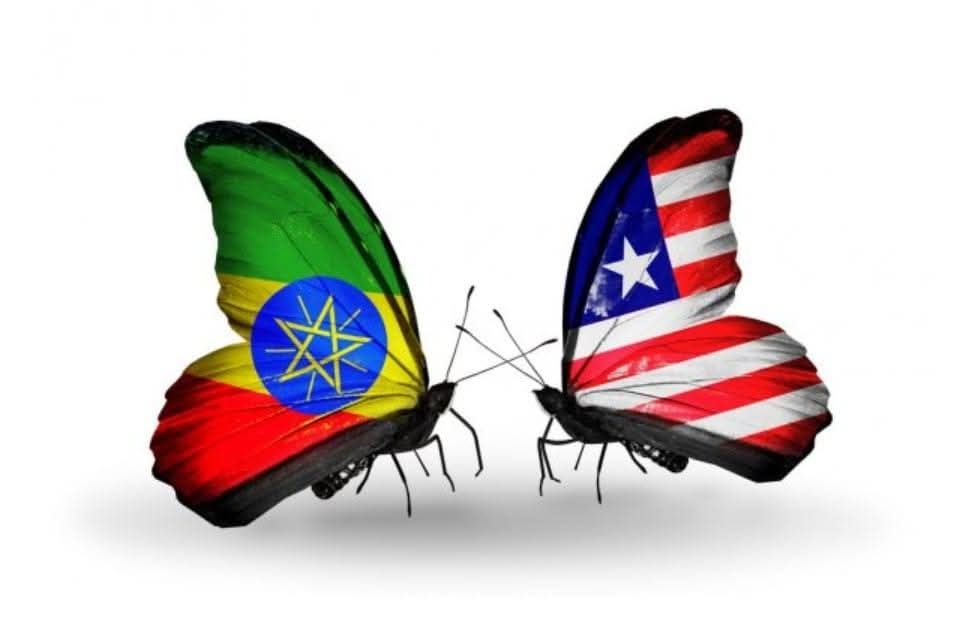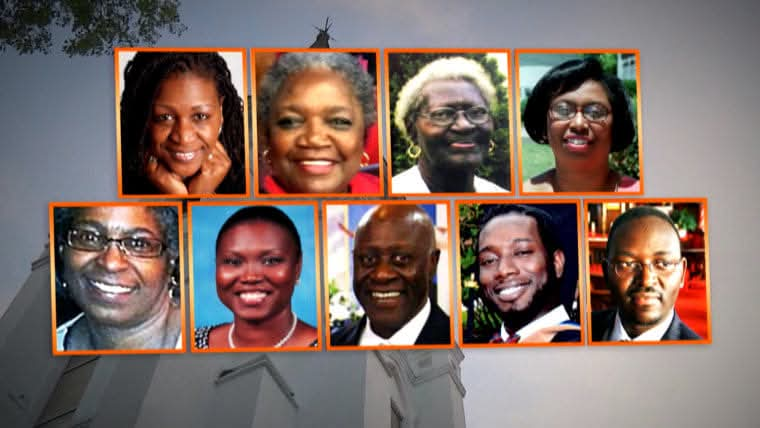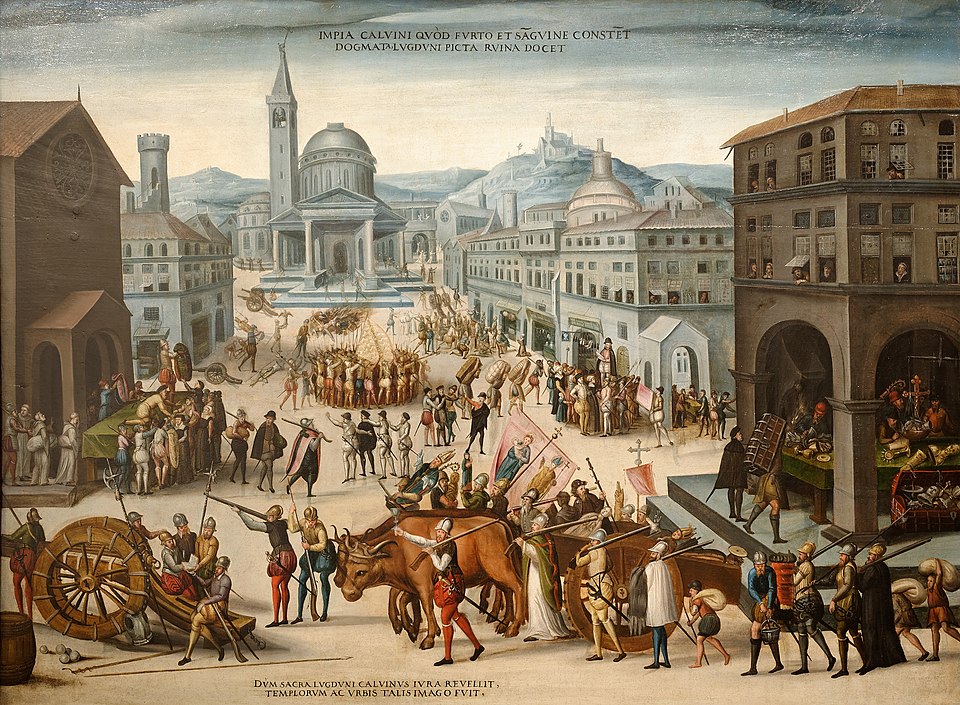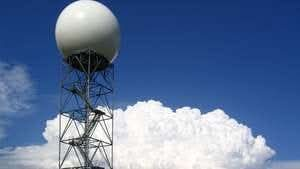FIFA WORLD CUP: Historical Timeline and Exploits of the Nigeria National Team
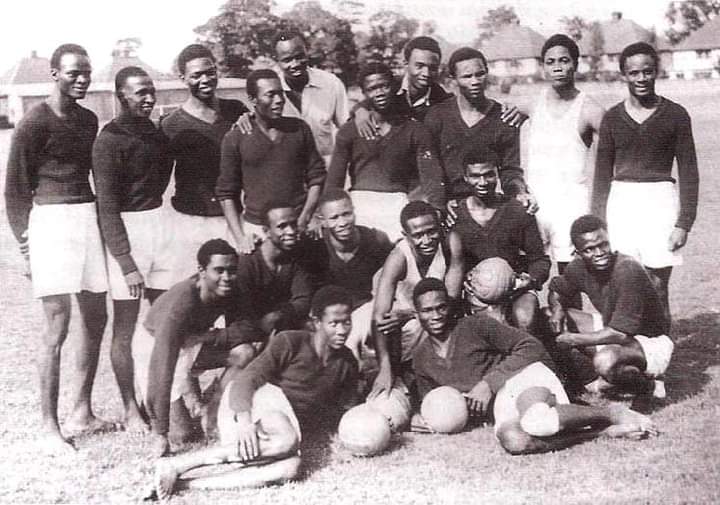
Did you know that as at 2022, Nigeria national football team has qualified for six of the last eight FIFA World Cups and that the team's first appearance in the global competition was at the 1994 edition?
The Nigeria national football team represents Nigeria in men's international football. Governed by the Nigeria Football Federation (NFF), they are three-time Africa Cup of Nations winners (1980, 1984 and 2013). In April 1994, the Nigerian national football team was ranked 5th in the FIFA rankings, the highest FIFA ranking position ever achieved by an African football team.
Throughout history, the team has qualified for six of the last eight FIFA World Cups, missing only the 2006 edition and 2022 edition. They have reached the round of 16 on three occasions. The team represents FIFA and Confederation of African Football (CAF).
Nigeria's journey into the world cup has been a long torturous one. After playing other colonies in unofficial games since the 1930s, the country's national team played its first official game in October 1949, while still a British colony. The team played warm-up games in England against various amateur teams including Bromley, Dulwich Hamlet, Bishop Auckland, and South Liverpool. Nigeria's match against Marine A.F.C. at Rossett Park drew 6,000 spectators, a record for the small ground.
Nigeria reached the World Cup for the first time in 1994 after years of struggling to get there. They were managed by Clemens Westerhof. Nigeria topped their group which included Argentina, Bulgaria, and Greece. Nigeria defeated Bulgaria 3–0, lost to Argentina 1–2, and reached the second round after a 2–0 victory over Greece. In the second round Nigeria played Italy and took the lead with a goal from Emmanuel Amunike at 25 minutes. Nigeria were within two minutes of qualifying for the Quarter-finals, but Roberto Baggio scored to take the game to extra time. He also scored the eventual winning goal. The game ended 2–1 in favour of the Italians.
In 1998, Nigeria returned to the World Cup alongside Cameroon, Morocco, Tunisia, and South Africa. Optimism was high due to its manager Bora Milutinović and the return of most 1994 squad members. In the final tournament Nigeria were drawn into group D with Spain, Bulgaria, Paraguay. Nigeria scored a major upset by defeating Spain 3–2 after coming back twice from being 1–0 and 2–1 down. The Eagles qualified for the second round with a win against Bulgaria and a loss to Paraguay. The team's hopes of surpassing its 1994 performance was shattered after a 1–4 loss to Denmark. This is currently the only World Cup where Nigeria qualified for without playing Argentina in the tournament finals.
The 2002 World Cup in South Korea and Japan saw Nigeria again qualify with optimism. With a new squad and distinctive pastel green kits, the Super Eagles were expected to build on its strong performances in the 2000 and 2002 African Cup of Nations. Nigeria were drawn into group F with powerhouses Sweden, Argentina, and England. The first game against Argentina started with a strong defence that kept the first half scoreless. In the 61st minute, Gabriel Batistuta breached the Nigerian defence to put Argentina in the lead 1–0, and Argentina would go on to win the game. Nigeria's second game against Sweden saw them take the lead but later lose 2–1. Nigeria then drew 0–0 with England and bowed out in the first round. Nigeria failed to qualify for the 2006 World Cup after finishing level on points in the qualification group with Angola, but having an inferior record in the matches between the sides.
_1688053949.jpeg)
On 14 November 2009, Nigeria qualified for the 2010 World Cup after defeating Kenya by 3–2 in Nairobi. Nigeria lost its opening match against Argentina 1–0 at Ellis Park Stadium following a controversial Gabriel Heinze header in the 6th minute. In its second game Nigeria led early on by a goal from Kalu Uche. A red card against Sani Kaita gave Greece the advantage. Greece scored the equaliser late in the first half and Nigeria conceded the second goal in the second half and lost the game 2–1. In their last group stage match against South Korea, Nigeria took an early lead in the 12th minute off of a great finish by Kalu Uche after a low cross from Chidi Odiah. However, goals from Lee Jung-Soo and Park Chu-Young gave South Korea a 2–1 lead, which looked to be enough for South Korea to advance into the round of 16. However, Nigeria got a chance in the 66th minute, on the end of a pass from Ayila Yussuf that was fed through the South Korean defense was none other than Yakubu, once the pass found Yakubu's foot about four yards away from the empty goal, Yakubu pushed the ball wide of the left post to leave South Korea still ahead 2–1. Three minutes later, Yakubu was able to calmly finish a penalty to knot the score at two apiece, but Nigeria was unable to score again and the match ended in a 2–2 draw.
With this result, Nigeria was eliminated from the 2010 World Cup with just one point, while South Korea advanced into the round of 16 with four points. On 30 June 2010, following the team's early exit and poor showing, the then President of Nigeria, Goodluck Jonathan suspended the national football team from international competition for two years. This suspension put the team at risk of being banned from international football by FIFA for reasons of political interference. On 5 July 2010, the Nigerian government rescinded its ban of the national football team from FIFA/CAF football competitions. Nigeria was indefinitely banned from international football due to government interference following the 2010 World Cup. Four days later, however, the ban was "provisionally lifted".
Nigeria's campaign in the 2014 FIFA World Cup opened with a disappointing 0–0 draw against Iran. Four days later the team played their second game against Bosnia and Herzegovina. A controversial 29th-minute Peter Odemwingie goal gave Nigeria their first World Cup win since 1998. They faced Argentina another four days later: a 3rd minute Lionel Messi goal for the opposition was followed almost instantly with an equalizer by Ahmed Musa. Messi gave Argentina the lead back just before half-time. In the second half Musa leveled the game out again, Lionel Messi was substituted and handed over his captaincy to Marcos Rojo only for Rojo to put Argentina 3–2 ahead minutes later.
Nigeria lost the match, but still qualified for the round of 16. In the Round of 16 Nigeria faced France, an 18th-minute stabbed shot from Emmanuel Emenike saw the ball in the net, past the French goal-keeper but the goal was ruled off-side by the linesman. Nigeria held them off until the 79th minute when a cross and a Paul Pogba header gifted France the lead. An accidental own goal by Super Eagles Captain Joseph Yobo in injury time put the result beyond any doubt: Nigeria was out. This is the third time Nigeria is eliminated in the round of 16 and they were not still able to enter the Quarter-finals in the FIFA World Cup
On 24 June 2016, The Confederation of African Football released the draw for the 3rd round of the World Cup qualifiers which saw Nigeria grouped in what was described as a "group of death"; alongside Zambia, Algeria, and Cameroon. Nigeria started their group stage matches with a 2–1 win over Zambia in Ndola and defeated Algeria 3–1 in their second match at the Godswill Akpabio International Stadium. They went on to beat Cameroon 5–1 home and away in a back to back contest.
The Super Eagles of Nigeria became the first African team to qualify for the 2018 FIFA World Cup after beating Zambia 1–0 in Uyo. On 3 June 2018, coach Gernot Rohr unveiled a 23-man squad for the 2018 FIFA World Cup. Nigeria lost their first match of the tournament 0–2 to Croatia in Kaliningrad, before they won 2–0 in the second match against brave Iceland, with Ahmed Musa scoring both goals. Nigeria had a huge chance to qualify to the next round as Argentina was demolished 3–0 by Croatia. Despite this advantage, they lost 2–1 in their last group stage match against Argentina, with one goal by Victor Moses. For this defeat, and followed with Iceland's defeat to Croatia, Nigeria missed the opportunity to advance to the round of 16 and got eliminated from the tournament.
Nigeria failed to qualify for the 2022 FIFA World Cup for the first time in 16 years, losing to Ghana on the away goals rule after drawing 0–0 in Ghana and 1–1 in Nigeria.
Source: Wikipedia
#penglobalentertainment #sports
